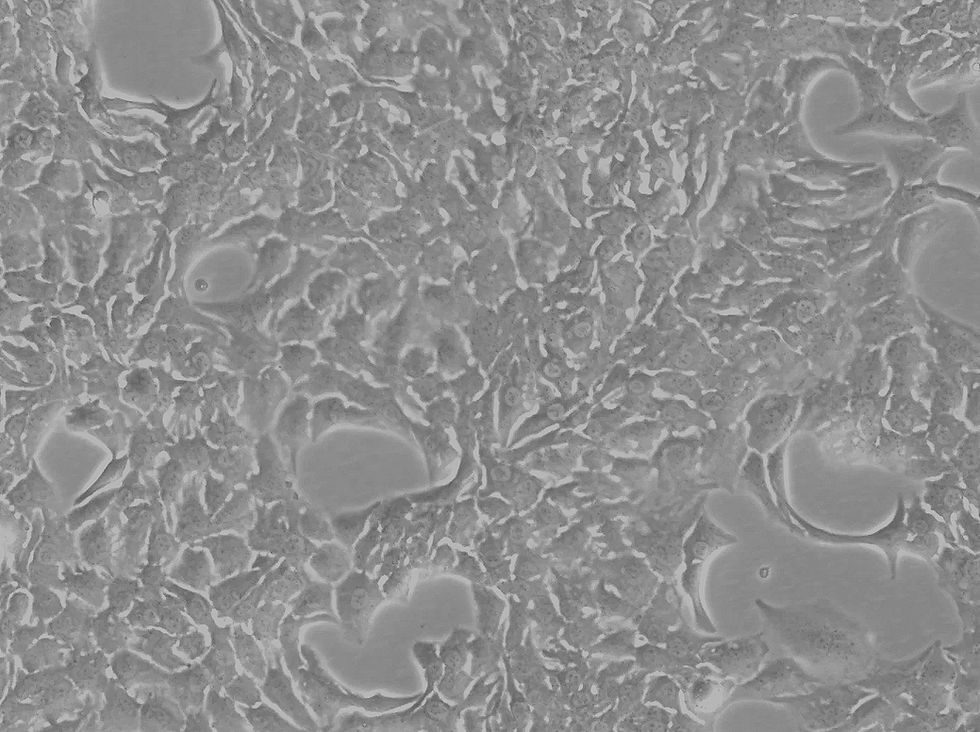Signosis' EL-004 is a stable Ba/F3 cell line expressing EGFR with both the L858R and T790M mutations. The cell line was generated using an MSCV-IRES-EGFP retroviral construct, with GFP enabling efficient selection by FACS. Stable clones were validated for EGFR authenticity and protein expression through PCR sequencing and Western blot analysis.
EL-004 EGFR (L858R+T790M) Ba/F3 Stable Cell Line (2 vials)
SKU: EL-004
$3,870.00Price










